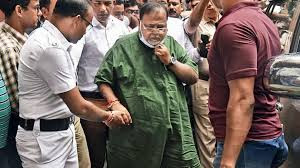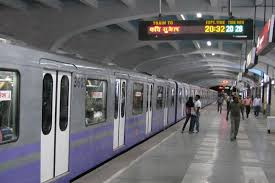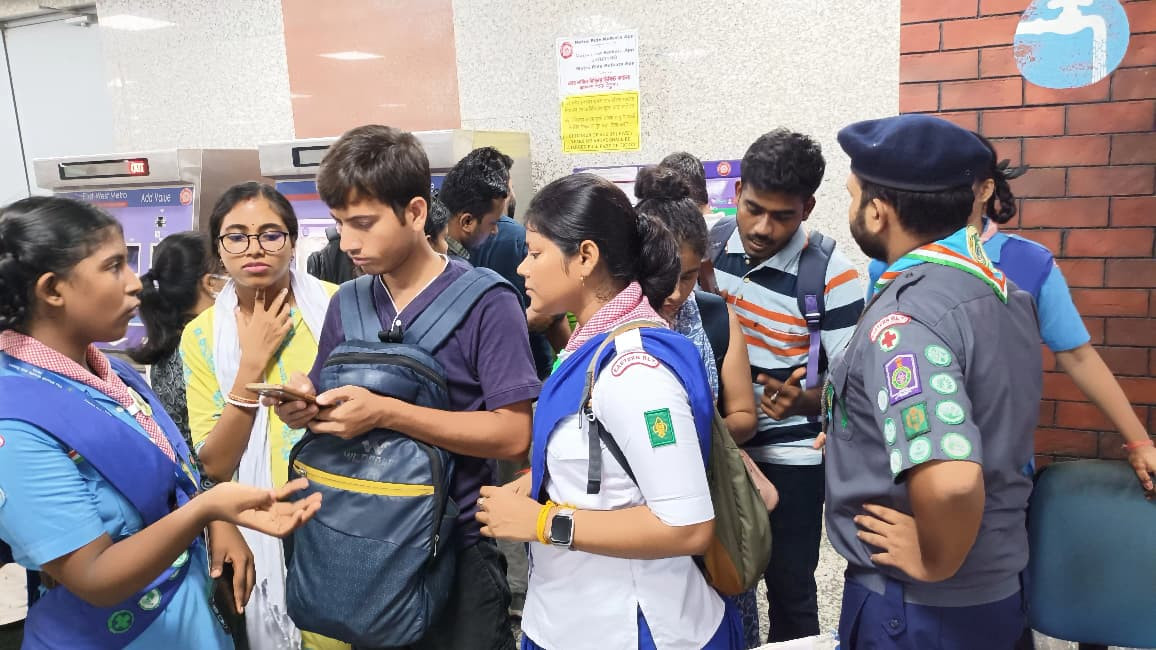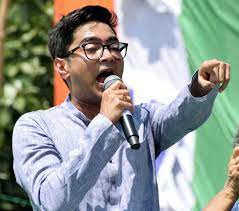“ISF Seeks Alliance with CPI(M) for West Bengal Assembly Elections; CPI(M) Responds Cautiously”

IIE DIGITAL DESK : The Indian Secular Front (ISF), led by Naushad Siddiqui, has formally approached the Communist Party of India (Marxist) [CPI(M)] to discuss a potential alliance for the upcoming West Bengal Assembly elections. In a letter addressed to Left Front chairman Biman Bose, Siddiqui emphasized the urgency of initiating seat-sharing negotiations promptly, stating, “Let’s not waste time.” Siddiqui, who represents the Bhangar constituency as the sole ISF legislator, highlighted the necessity of early discussions to ensure a strategic and united front in the elections.
CPI(M) officials have acknowledged the receipt of Siddiqui’s proposal but have refrained from making any immediate commitments. State secretary Mohammad Salim remarked that Biman Bose would address the matter at an appropriate time. However, internal sources within the party have indicated a cautious approach, citing concerns over the ISF's previous actions during the 2024 Lok Sabha elections, where the ISF severed ties with the Left alliance and contested against CPI(M) and Congress candidates in several closely contested seats. This move reportedly impacted the Left's performance and has led to reservations about rekindling the alliance.
The ISF, established in 2021 under the leadership of Furfura Sharif cleric Peerzada Abbas Siddiqui, initially formed an alliance with CPI(M), other Left parties, and the Congress for the 2021 Assembly elections. While the Left-Congress alliance failed to secure any Assembly seats, the ISF managed to win the Bhangar seat. However, post-election dynamics led to the dissolution of this alliance. In the subsequent 2023 panchayat elections, the ISF demonstrated significant influence, particularly among Bengali-speaking Muslims, securing 336 seats across various levels of local governance, including Gram Panchayat, Panchayat Samiti, and Zila Parishad. Their stronghold was notably evident in districts such as North and South 24 Parganas, Howrah, Malda, Murshidabad, and Birbhum.
The ISF's growing influence among the Muslim electorate, especially in regions with substantial Bengali-speaking Muslim populations, positions it as a pivotal player in the state's political landscape. This demographic constitutes over 30% of West Bengal's electorate, with more than half being Bengali-speaking Muslims. The ISF's strategic positioning within this community could be advantageous for any alliance, provided mutual trust and understanding are established.
As the 2026 Assembly elections approach, the CPI(M) faces a critical decision regarding its alliances. While the ISF's local influence cannot be overlooked, the Left party must weigh the potential benefits against past experiences to determine the viability of re-establishing a partnership. The coming weeks are expected to be crucial in shaping the electoral strategies and alliances that will define West Bengal's political trajectory in the upcoming elections.
You might also like!















